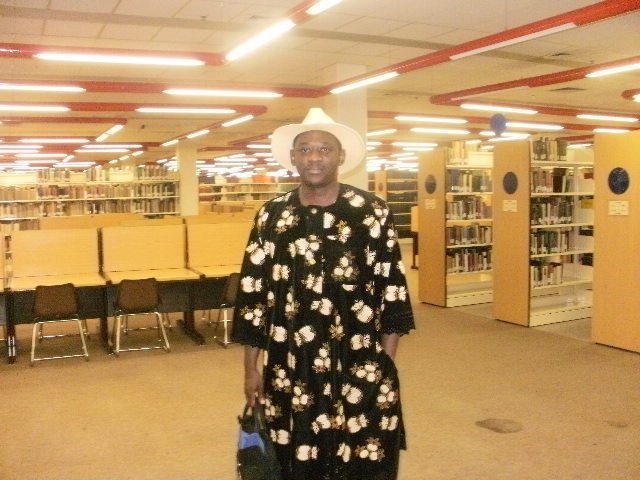On the 3rd of October 2013, the BBC reported that many African migrants died and many more were missing after a boat carrying them to Europe sank off the southern Italian island of Lampedusa. Over 200 bodies were recovered and more were found inside the wreck. According to the BBC, passengers reportedly threw themselves into the sea when a fire broke out on board. Most of those on board were from Libya, Eritrea and Somalia, reported the United Nations (UN). This shocking and painful incident has generated a lot of debates as to who is to blame. Many argue that Europe is to blame for this calamity, while others are of the view that African leaders are to blame for this tragedy.
There has been a lot of controversy about immigration for a longtime. I am one who advocates that individuals should be allowed to migrate in search of greener pastures. Many Europeans or Americans would not agree with me, especially if immigration is carried out ‘illegally.’ According to these Europeans and Americans, Western states cannot be coming out of a recession and Africans are instead heading there to make things worse. That notwithstanding the European Union reacted with shock to the death of these Africans in the Mediterranean Sea. But will the tragedy lead to a change in the European Union’s migration and refugee policy?
"There is no miraculous solution to the migrant exodus issue," said Italian Foreign Minister Emma Bonino according to the 3rd October BBC report. "If there were we would have found it and put it into action." This view point by Italian Foreign Minister, warrants a lot of reminiscing. For long we have tackled issues of immigration without much reflection, the reason why millions of innocent victims in search for a better life and good economic conditions continue to die.
In as much as many point a finger at Europe or the international community for the deaths in Lampedusa, much of the blame goes to African leaders, and especially the African Union. The governance systems in African states, inherited from colonial masters, remain repressive. Despite the much talk about African renaissance, a great majority of Africans remain desperate and poor. According to Ventures Africa, Africa has more millionaires than we can imagine. What a paradox to have a continent with a lot of millionaires and a lot of poor people. It is evident that several African leaders have not met promises made to their populace during electoral campaigns. Farm to market roads remain deplorable, small and medium size enterprises have no hope of growth, the taxes remain exorbitant and ownership of property remains an illusion. In addition to these ills, conflict and political tension is still the order of the day in states like Somalia and Libya. With such a hopeless situation why would Africans not flee in their numbers for peace and a freer environment for economic development?
There is a solution to this mêlée, though not a miraculous one as rightly put by Italian Foreign Minister. The solution to this problem lies in the hands of African bureaucrats and technocrats who have decided to amass wealth and power at the detriment of their populace. African leaders in collaboration with the UN and the African Union need to open up the markets in Africa. Some credit goes to the governments of Rwanda and Botswana who have made long strides in ensuring that the private sector flourishes in these countries. Many African countries still need to make their economies conducive so that Africans will not think of utilising very unsafe and risky means in a bid to getting greener pastures abroad. In as much as I am an advocate of immigration especially as most Europeans and North Americans are immigrants themselves, African bureaucrats should curb some of these barriers which make their citizens flee. If some of these suggestions are reflected upon and taken into consideration, we will stop mourning over loss of life like in the Lampedusa tragedy.
Chofor Che is an associate of AfricanLiberty.org and an integral part of the Voice of Liberty initiative. He is also a Doctoral Law candidate at the University of the Western Cape and blogs at http://choforche.wordpress.com/
[photo: Chofor Che]



